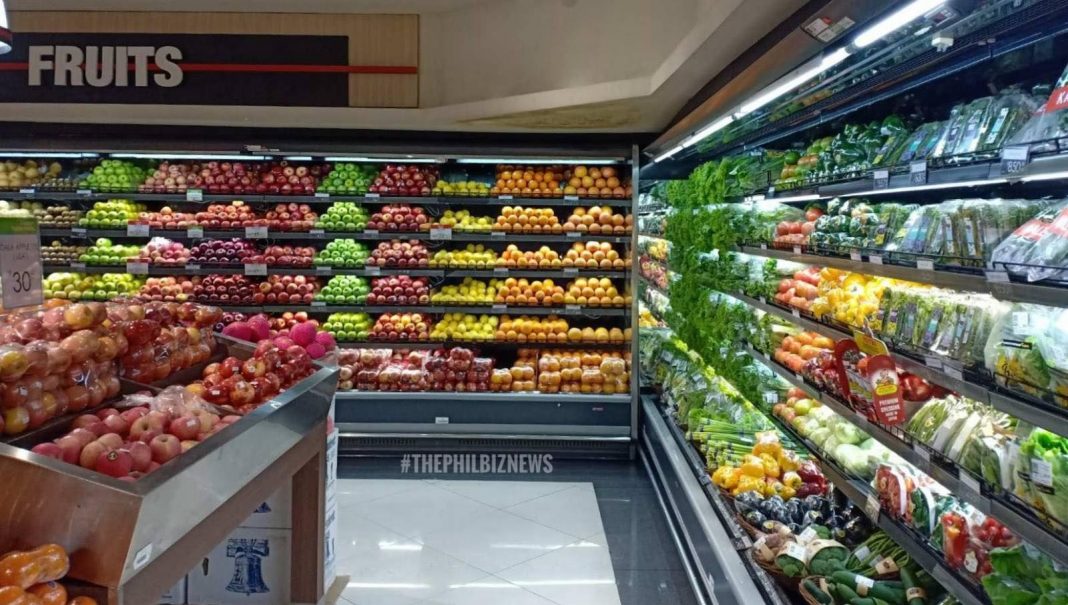Entrepreneurs in the fresh fruit and vegetable sector wanting to export to the European market need to understand the market requirements and regulatory challenges as its rules on chemical residues are strict.
Michel Peperkamp, market specialist at ICI Business, said Europe has set maximum residue levels (MRLs) and regulations for active substance, contaminants and microbiological criteria for foodstuffs governing food safety.
Peperkamp cited the Farm to Fork Strategy of the European Green deal which targets a 50-percent reduction in the use and risk of chemical pesticides and use of more hazardous pesticides by 2030.
“…In terms of sustainability, (the) ambition (is) to make sure 25 percent of total farm(land) in Europe under organic farming by 2030. Also there is a lot of push back from the agriculture sector, that’s become quite clear when they have to withdraw the sustainable use of pesticide,” he said in a webinar organized by CBI The Netherlands.
“Then we are really looking for new ways of agriculture producing in a more sustainable way, taking care of the environment, but also protecting consumers and a lot of things are going on. I think, it’s really important to keep track of these developments,” he added.
Peperkamp said there are import products and origin countries with increased border inspection for pesticide residues.
According to CBI market studies on fresh fruits and vegetables, the limited use of pesticides is among the mandatory requirements covering food safety and quality.
It said the European Union (EU) regularly updates the list of MRLs of pesticides it allows in food products. The list of pesticides that entrepreneurs are allowed to use can be accessed on the website of the Directorate General of Health and Food Safety.
“Bear in mind you should only apply plant protection products (PPPs) that are allowed in your country. Using unauthorized products or PPPs designated for crops other than the one you are growing can result in rejection. You can find complementary information on the PPPs allowed in your country on the Cabi BioProtection Portal,” the CBI market studies said.
MRLs are enforced through European Directives. This means some EU member states can apply stricter rules than European legislation requires them to.
Supermarket chains in the Netherlands, Austria and Germany are known to apply stricter MRLs. This is also true of exports to the United Kingdom.
Aside from limited use of pesticides, the market studies identified other mandatory requirements that fresh fruits or vegetables must comply with to be allowed on the European market. These include imidacloprid, avoiding contaminants, microbiological criteria for pre-cut fruit, plant health and phytosanitary regulations, marketing standards, control of food imported in the EU, and labeling and packaging.
Imidacloprid is an active substance contained in some insecticides used in mango production to control a wide range of pests.
“The use of neonicotinoid-class products is of growing concern in the EU,” it said. “EU permission for this active substance expired in July 2022 and was not renewed.”














